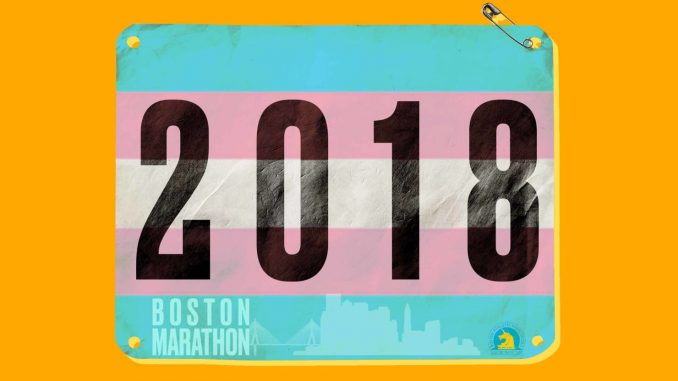
- Was held last April 16, the marathon’s organizers announced that they are now allowing transgender athletes who qualify to join in the category that matches their gender identity.
- At least three transgender athletes have confirmed that they would take part of the race.
- Transgender rights have been a concern in sports, particularly in elite competition.
The Boston Marathon has opened its doors to accepting transgender runners who would participate in the category that matches their gender identity according to the NPR transgender top stories posted last April 8.
The marathon was held on April 16, the marathon’s organizers announced that they are now allowing transgender athletes who qualify to join the event.
Transgender athletes
At least three transgender athletes have confirmed that they would take part of the race.
However, when the news broke out on the website Canadian Running about three trans runners preparing for the marathon, many of the comments had expressed concerns that their testosterone levels might push other female athletes, who otherwise were qualified, from joining.
The Boston Athletic Association, the organizing committee of the race, said that they didn’t have any explicit policy regarding runners who identify as transgender.
Rather, there have been requests made by transgender individuals over the past few years to allow them to compete in their gender category.
The association told the press, “We don’t require that runners outline their gender identity history with us, so we can’t say for certain how many trans runners are in our race. We do know that we have had several transgender runners in the past.”
Transgender rights in sports
Because of the possibility in participating in the race, Amelia Gapin decided to undergo sex reassignment surgery.
Gapin, a transgender woman, activist, and software engineer, said that she was inspired to push through with her plans of undergoing the procedure despite the fact that the required recovery after the gender-affirming medical surgery had initially daunted her.
She said that she would be able to realize her biggest dream, which is to run in the Boston Marathon.
Transgender rights have been a concern in sports, particularly in elite competition. For instance, the Olympics committee had reviewed its existing policies before the 2016 Rio Summer Olympic Games.
It had allowed the participation of transgender athletes with certain conditions. While it accepted qualified transgender women without gender confirmation procedures, they were required to present proof that their testosterone levels didn’t exceed certain standards.
In the field of long distance races, the New York and Chicago Marathons had already accepted runners in categories that match their gender identity.
Registrants for the Boston Marathon, however, would be asked to present an identification card issued by the government before they were given a bib number.
But the issue on how they will handle discrepancy between gender identity and the gender marker on the identification card remained unclear.
“Should such a situation arise, we would make every effort to address it in a manner intended to be fair to all concerned, with a strong emphasis on inclusion,” the organizers explained.



Be the first to comment